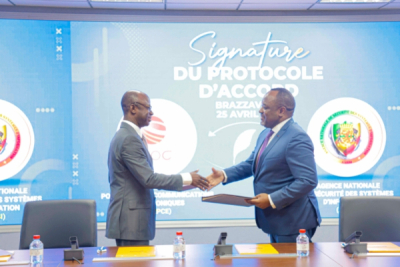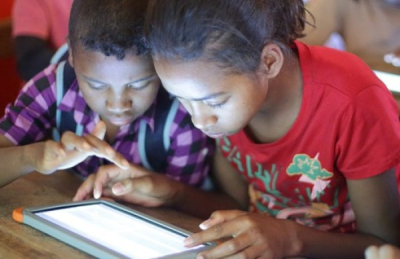- Algeria targets tablet distribution to half of primary schools by September 2025
- About 10,000 out of 20,000 primary schools to be equipped; currently, 3,270 schools have tablets
- Tablets are intended for learning, research, communication, and school management, enhancing academic performance
Algeria aims to equip half of its primary schools with electronic tablets before the start of the academic year in September 2025, according to Amara Ghalem, Director of Information Systems at the Ministry of National Education. Ghalem announced the project on Saturday, April 26, on the sidelines of a national conference evaluating the digital transition in the education sector.
The initiative targets approximately 10,000 of Algeria's roughly 20,000 primary schools. To date, 3,270 schools nationwide have already received electronic tablets, Ghalem said.
The distribution of digital tablets in schools is part of a broader digitization effort within the education sector, aligning with the government's ambition to develop an "information society" through infrastructure, telecommunications, and the widespread adoption of ICT across all economic sectors. The government aims to transform Algerian schools into models of modernization and innovation through digital tools. Digital platforms have already been deployed for teachers, parents, learning assessment, and appointment booking for diploma authentication.
The tablets are also envisioned for use in school administration. They will enable primary school students and teachers to access online educational resources, conduct research, learn, and communicate, potentially improving the quality of education and academic performance nationwide.
However, challenges remain in meeting the ambitious timeline for tablet distribution. For the current 2024-2025 school year, the government had planned to equip 1,700 primary schools, aiming to reach a total of 5,000 equipped schools. The current coverage stands at 3,270 schools. Additionally, some schools have yet to be included in the program, and the provision of a single tablet per institution may not adequately meet educational needs. The initiative's success also hinges on the availability of reliable internet connectivity in schools and the digital literacy of teachers and students to effectively utilize these tools.
Furthermore, the national conference on the evaluation of the digital transition in education highlighted several challenges. Participants emphasized the need to increase "awareness of cybersecurity risks to ensure a safe digital environment within educational institutions and to develop a new version of the sector's information system in line with the requirements of the country's digital transformation and the aspirations of the educational community," Algérie Presse Service (APS) reported.
Isaac K. Kassouwi



















